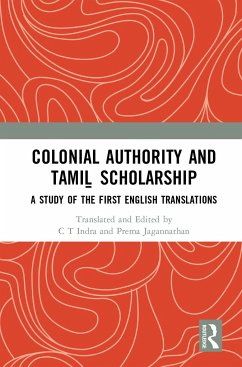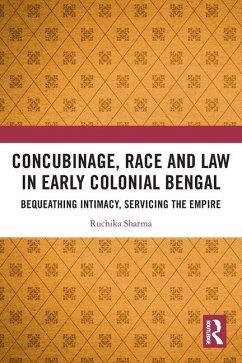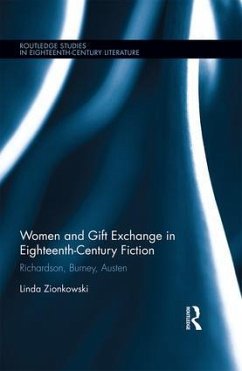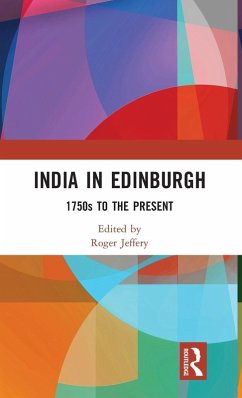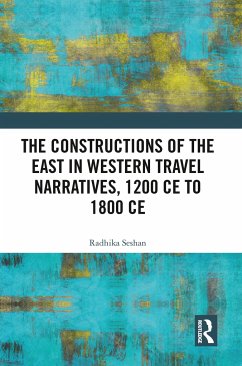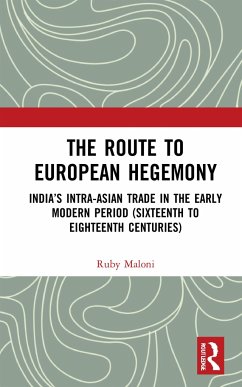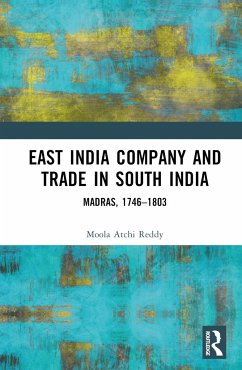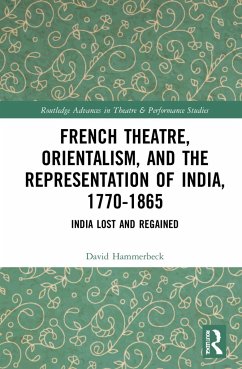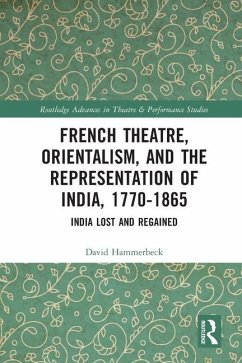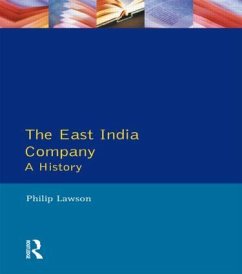
Narrating Cultural Encounter
Representations of India by Select Enlightenment Women Writers
Versandkostenfrei!
Versandfertig in 6-10 Tagen
43,99 €
inkl. MwSt.
Weitere Ausgaben:

PAYBACK Punkte
22 °P sammeln!
This book interrogates and historicises eighteenth-century British women writers' responses to India through the novel and travel writing to bring out the polyvalent space arising out of their complex negotiation with the colonial discourse.Though British women enjoyed their privileged racial status as the utilisers of colonial riches, they articulated their voice of dissent when they faced the politics of subordination in their own society and identified them with the marginalised status of the colonised Indians. This brings out the complicity and critique of the colonial discourse of British...
This book interrogates and historicises eighteenth-century British women writers' responses to India through the novel and travel writing to bring out the polyvalent space arising out of their complex negotiation with the colonial discourse.
Though British women enjoyed their privileged racial status as the utilisers of colonial riches, they articulated their voice of dissent when they faced the politics of subordination in their own society and identified them with the marginalised status of the colonised Indians. This brings out the complicity and critique of the colonial discourse of British women writers and foregrounds their ambivalent responses to the colonial project.
This book provides detailed textual analysis of the works of Phebe Gibbes, Elizabeth Hamilton, Lady Morgan, Jemima Kindersley and Eliza Fay through critical insights from the idea of the Enlightenment, postcolonial theory and feminist thought. It also foregrounds new perspectives to colonial discourse vis-à-vis the representation of India by locating the dialogic strain within the British narratives about India.
Though British women enjoyed their privileged racial status as the utilisers of colonial riches, they articulated their voice of dissent when they faced the politics of subordination in their own society and identified them with the marginalised status of the colonised Indians. This brings out the complicity and critique of the colonial discourse of British women writers and foregrounds their ambivalent responses to the colonial project.
This book provides detailed textual analysis of the works of Phebe Gibbes, Elizabeth Hamilton, Lady Morgan, Jemima Kindersley and Eliza Fay through critical insights from the idea of the Enlightenment, postcolonial theory and feminist thought. It also foregrounds new perspectives to colonial discourse vis-à-vis the representation of India by locating the dialogic strain within the British narratives about India.





